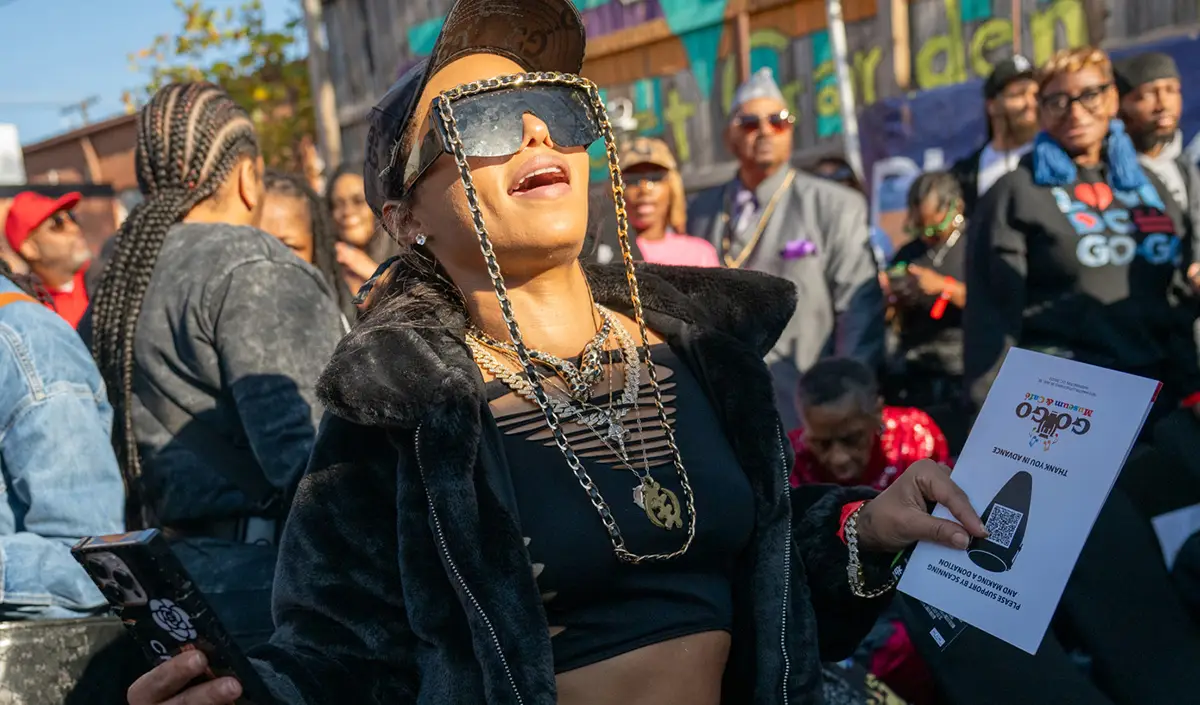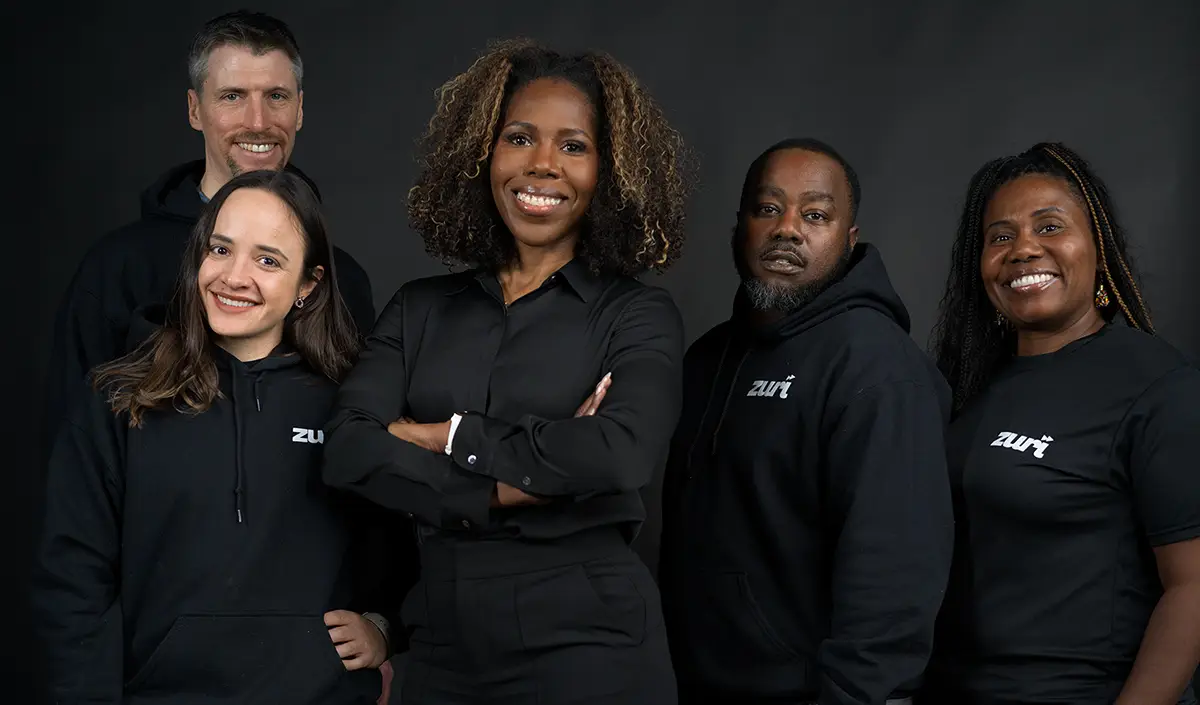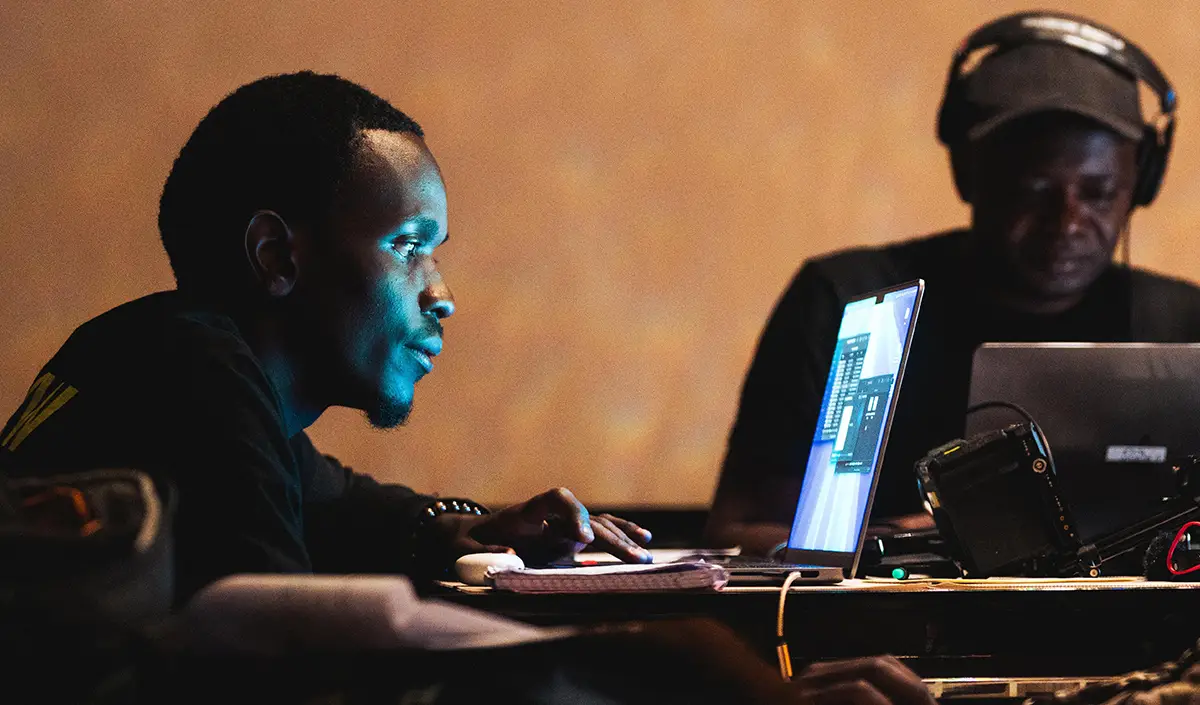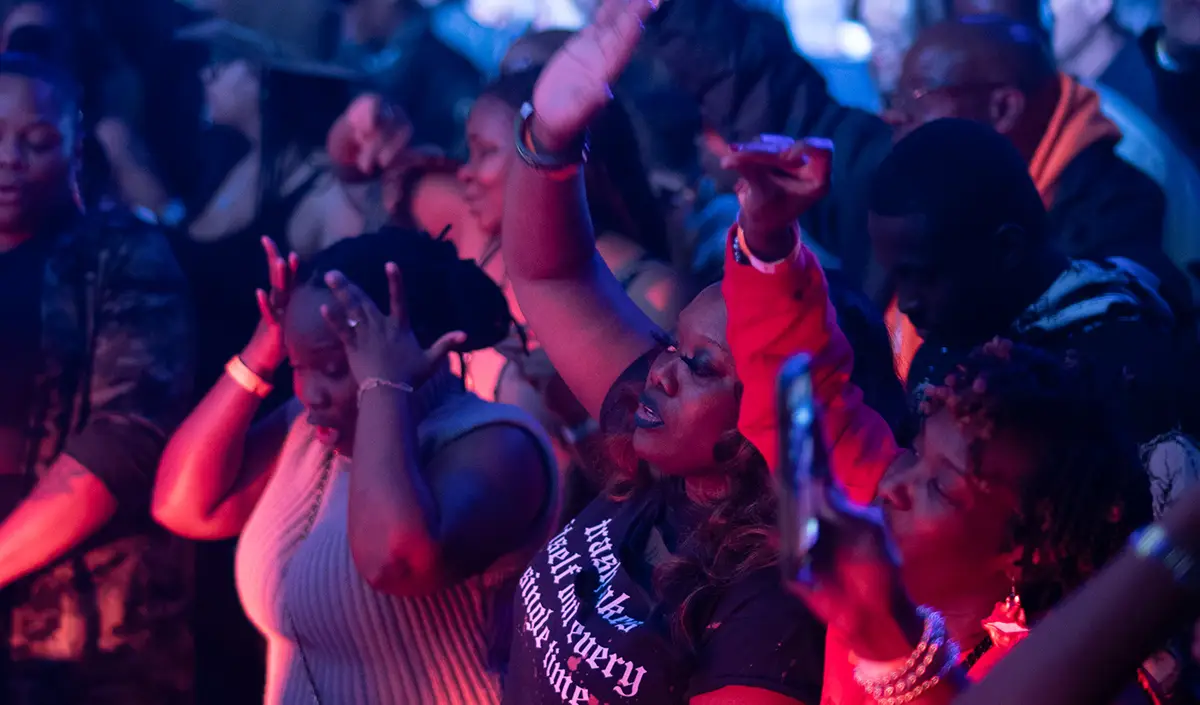
Crip Walks & Culture Shifts: Why Black Stories Change the Game
Crip Walks & Culture Shifts: Why Black Stories Change the Game
At Super Bowl 59, cultural storytelling took center stage, proving once again that Black stories change the culture.
From Samuel L. Jackson spoofing Uncle Sam, to Serena Williams reviving the Crip Walk that once drew controversy at Wimbledon, to Kendrick flashing a sly smile while calling out his rival Drake—the halftime show was loaded with layered signals.
But Kendrick’s message stretched far beyond rap rivalries. As he reminded us: “Forty acres and a mule, this is bigger than the music.” By invoking America’s broken promise of reparations, Kendrick reframed the performance as something larger: a statement about Black influence in a system designed to deny it.
The subtext was bold, unflinching, and impossible to ignore: “They tried to rig the game, but you can’t fake influence.”
Over the past 13 years, we’ve partnered with PBS, Ashoka, the Mastercard Foundation, local government agencies, and countless Black and Brown artists to cultivate storytelling and entrepreneurial talent. Each project challenges conventional narratives and reminds us that our stories truly matter.
Black Creativity: How Black Stories Change the Culture
This is the American contradiction. Systemic economic disenfranchisement on one hand, cultural innovation and global prosperity on the other. For centuries, Black creators have defined what’s next, often without being given a seat at the table.
From music to film, fashion to tech, Black brilliance has set the blueprint. Even when locked out of opportunity, Black creators found ways to build culture, shape industries, and inspire generations.
And today, with the world watching, it’s more urgent than ever to center these stories—not as side notes, but as the main text of how we imagine the future.
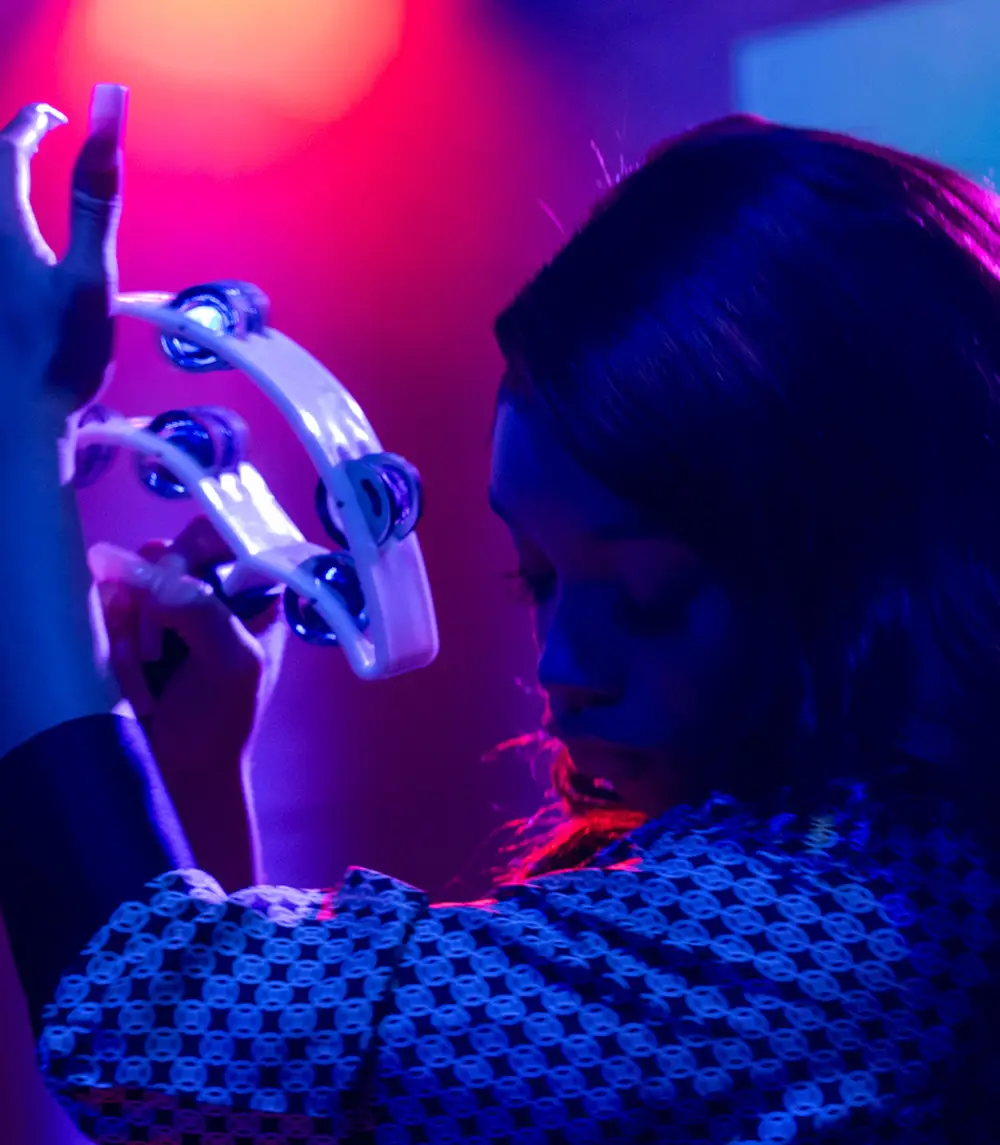
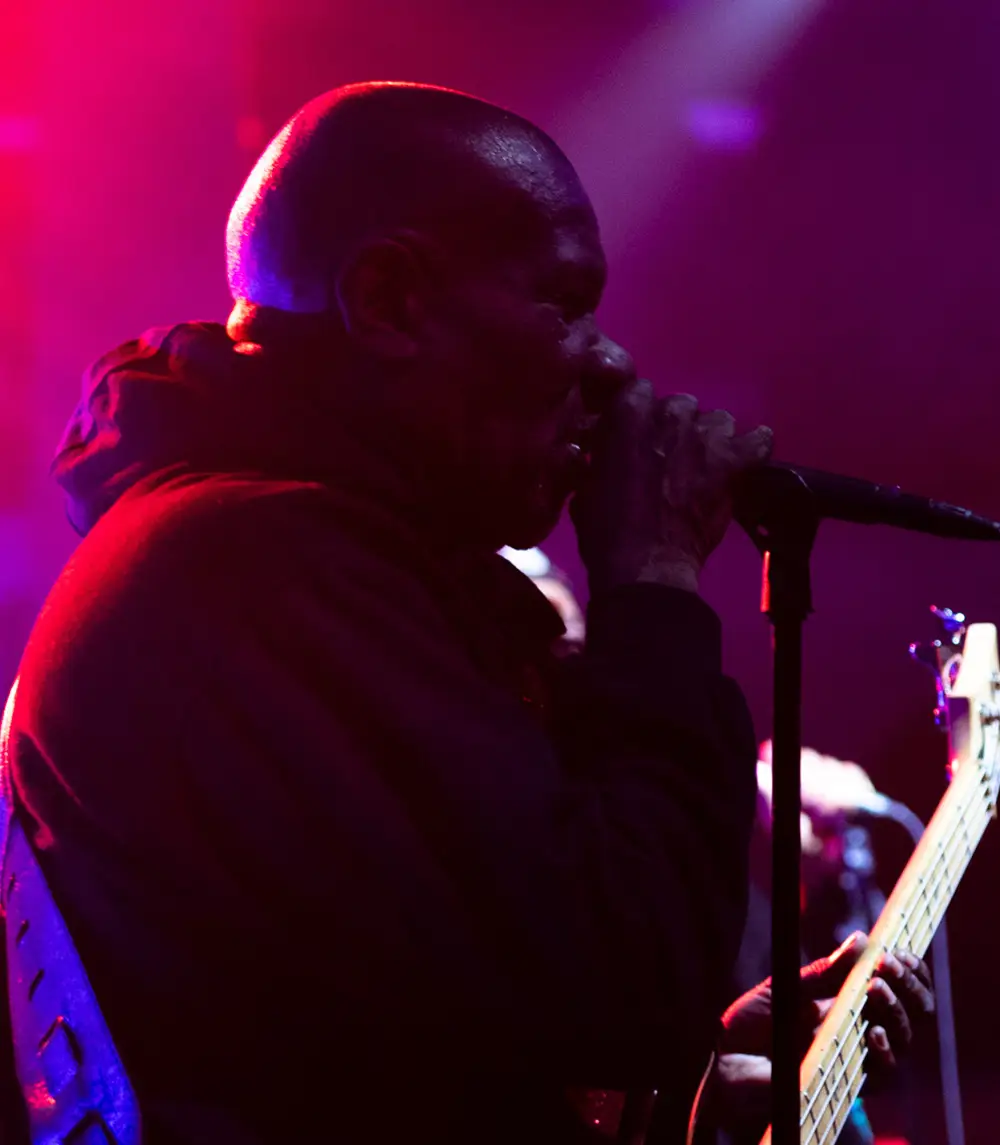
Zuri's focus on story & culture
At Zuri Productions, we see creativity as more than self-expression. It’s a tool for collective liberation.
We’ve dedicated our work to uplifting the diverse perspectives of Black and Brown voices worldwide—through audiovisual production, creative direction, and content that inspires, entertains, and drives social change.
It’s why we invest in programs like The Kilpaji Lab, our month-long filmmaking workshop across Africa, where young storytellers learn to transform their own lived experiences into powerful narratives. It’s why we’ve partnered with organizations from PBS to Mastercard Foundation to amplify untold stories.
Every project we take on carries the same intention: to interrogate whose stories get amplified, and to reframe the narrative so that Black and Brown creativity isn’t just acknowledged—it leads.
From music to film, fashion to tech, Black brilliance has set the blueprint. Even when locked out of opportunity, Black creators found ways to build culture, shape industries, and inspire generations.
And today, with the world watching, it’s more urgent than ever to center these stories—not as side notes, but as the main text of how we imagine the future.
The Bigger Picture
A kid watching Kendrick’s halftime show might say, “I want to rap.” A student seeing Do The Right Thing might decide, “I want to tell the story of my neighborhood.”
This is the unfakeable influence of Black storytelling—it sparks possibility, it bends culture, and it keeps communities moving forward even when systems push back.
In 2025, when oppressive forces still double down, nothing is more radical than believing in Black and Brown voices—and betting on their power to change the culture.
As Kendrick reminded the world: they picked the right time, but the wrong guy.
Our Cities. Our Truth: Why We Don’t Let Others Tell Our Story
Our Cities. Our Truth: Why We Don’t Let Others Tell Our Story When a politician calls your home a
From DC to Nairobi: How Zuri Productions Amplifies Black Stories
From DC to Nairobi: How Zuri Productions Amplifies Black Stories Founded in 2012 by Dr. Andrene M. T
AI and Creativity: Turning Technological Fear into Artistic Fuel
AI in Storytelling: Why Human Creativity Still Matters When OpenAI released ChatGPT, the creative wo


